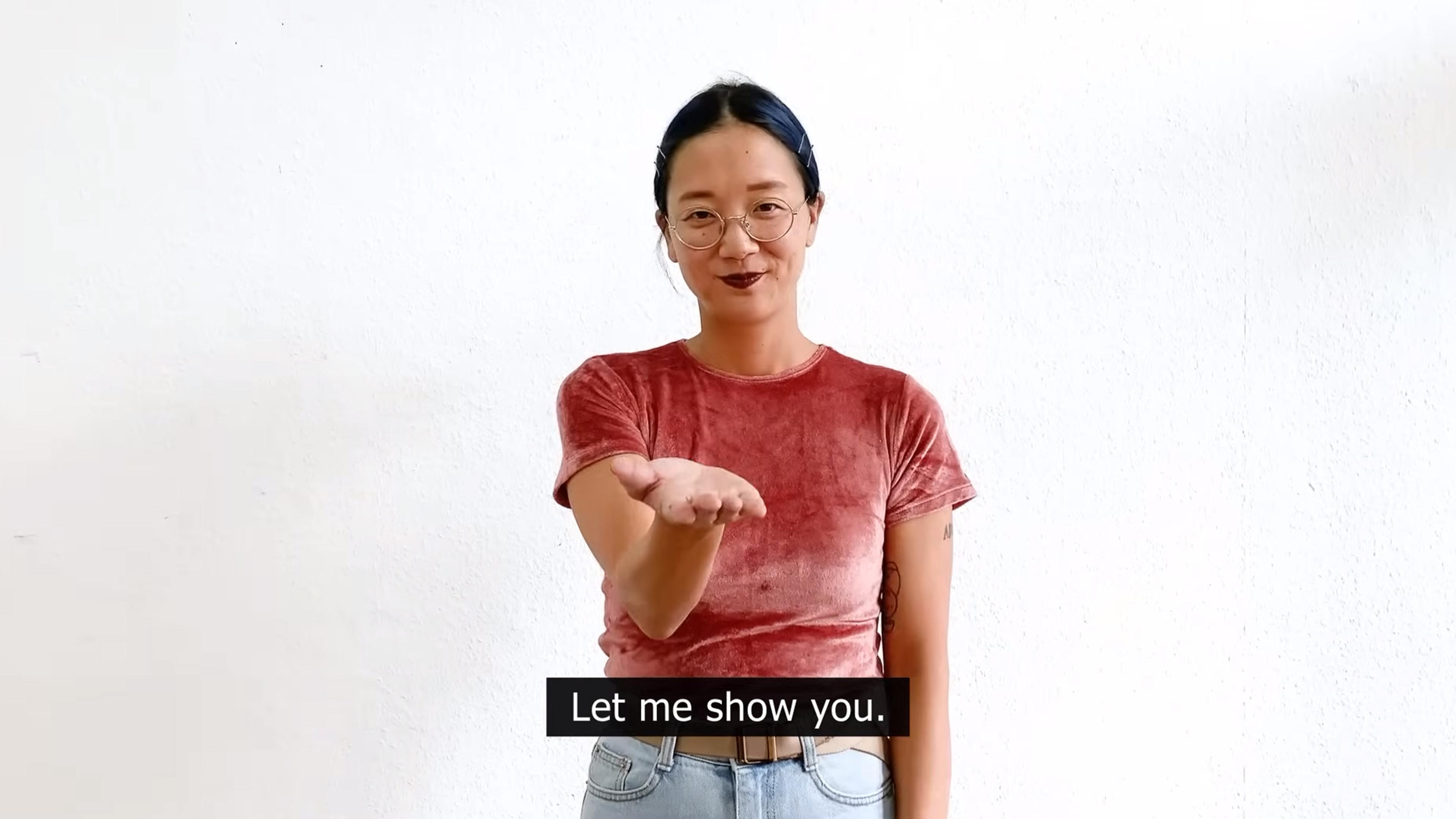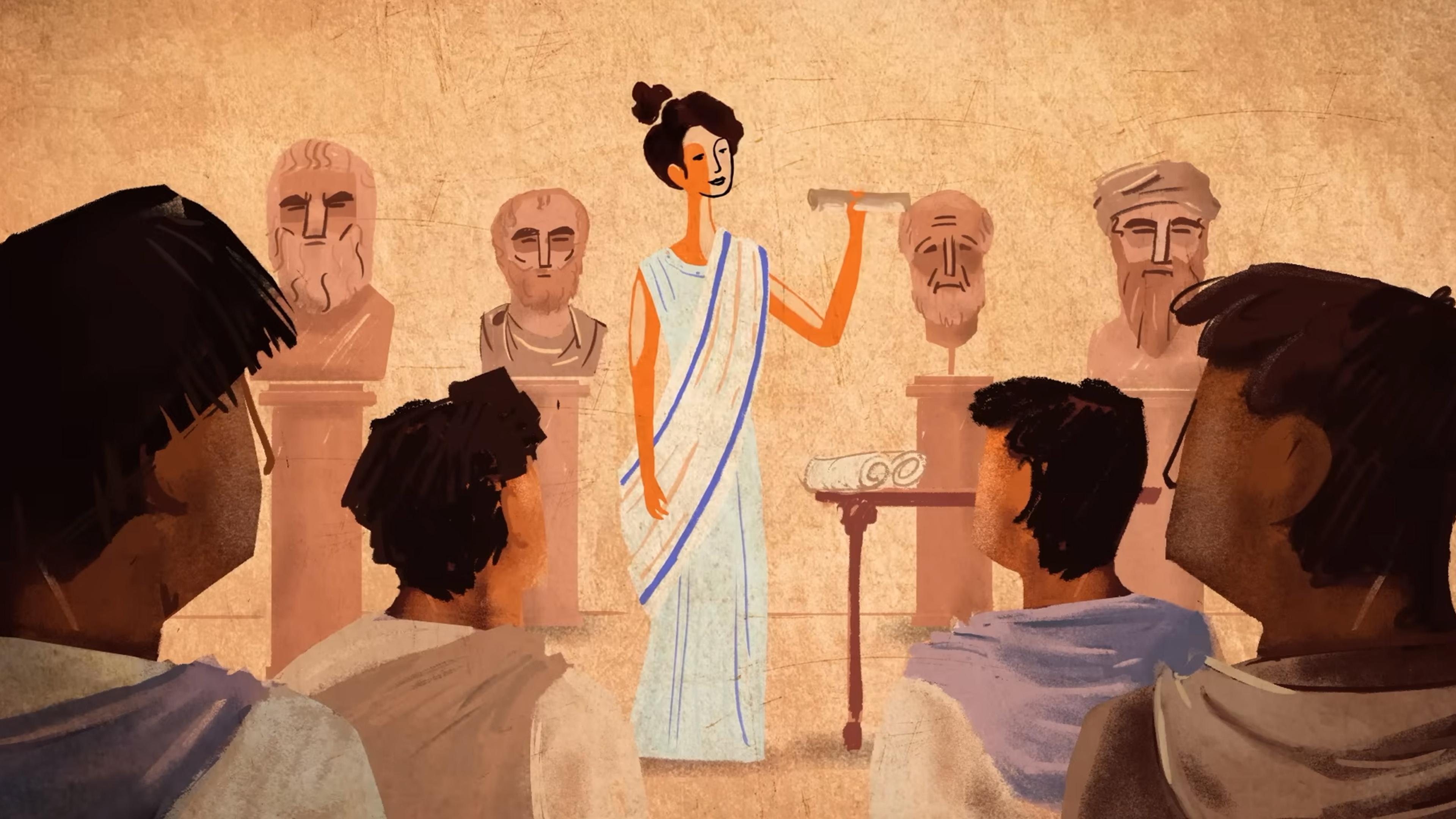Beyond ‘guilty’ or ‘not guilty’ – could a range of verdict options be more just?
Many countries have a binary justice system that sorts defendants into two very broad categories: ‘guilty’ and ‘not guilty’. Those deemed ‘not guilty’ are often left with the stigma of a criminal record, even when the accused was overwhelmingly proven to have done nothing wrong. Meanwhile, another defendant might also be labelled ‘not guilty’, despite substantial evidence of guilt, if a single juror had some lingering doubts. And in some countries, such as the United States, the system incentivises agreements that pressure defendants to plead guilty to crimes regardless of their actual guilt. In this video from Wireless Philosophy, Barry Lam, an associate professor of philosophy at Vassar College, discusses alternatives to the prevailing two-verdict system that might more accurately reflect degrees of uncertainty – as well as some of their potential pitfalls.
Video by Wireless Philosophy

video
Animals and humans
Why be dragons? How massive, reptilian beasts entered our collective imagination
58 minutes

video
Rituals and celebrations
Flirtation, negotiation and vodka – or how to couple up in 1950s rural Poland
5 minutes

video
Technology and the self
In the town once named Asbestos, locals ponder the voids industry left in its wake
16 minutes

video
Biology
How the world’s richest reds are derived from an innocuous Mexican insect
5 minutes

video
Cities
A lush, whirlwind tribute to the diversity of life in a northern English county
3 minutes

video
Film and visual culture
‘Bags here are rarely innocent’ – how filmmakers work around censorship in Iran
8 minutes

video
Language and linguistics
Closed captions suck. Here’s one artist’s inventive project to make them better
8 minutes

video
Thinkers and theories
A rare female scholar of the Roman Empire, Hypatia lived and died as a secular voice
5 minutes

video
Architecture
The celebrated architect who took inspiration from sitting, waiting and contemplating
29 minutes